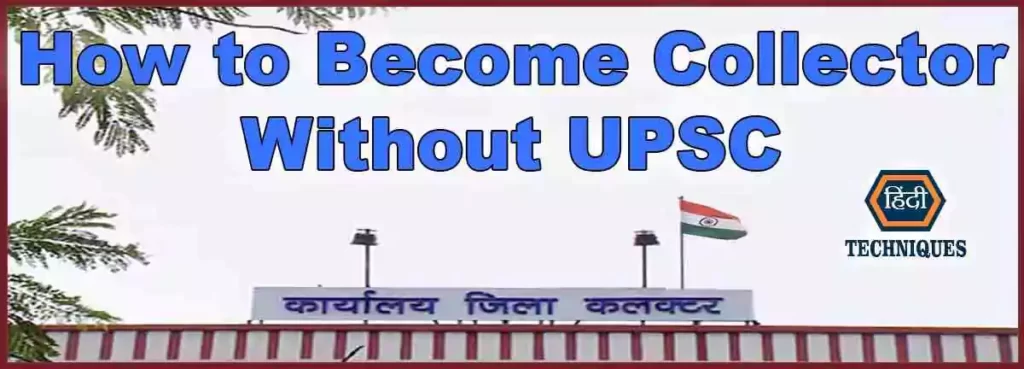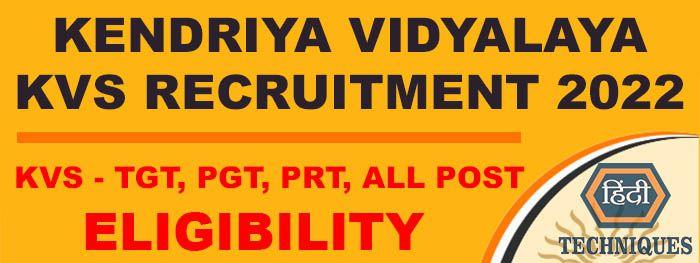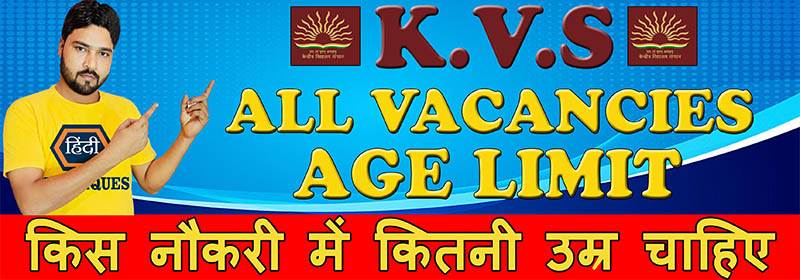Last updated on November 4th, 2023 at 11:46 pm
The path to becoming a Collector involved clearing the Civil Services Examination conducted by the Union Public Service Commission (UPSC). However, there are alternative routes to achieve this esteemed position without going through the UPSC examination. In this comprehensive guide, we will explore how to become Collector without UPSC, outlining the educational requirements, eligibility criteria, and various pathways to attain this coveted role.
How to become collector without UPSC?
It is very difficult to become collector without UPSC in India but it is not impossible. In our blog Hindi Techniques, we have already given you information related to becoming a collector. In our previous article, we told you how to earn from BizGurukul without investment online. Similarly, in this article, we will tell you how to become collector without UPSC in India. So friends, let’s start the article.
Before starting the article, let us tell you that to become a collector, there is a normal process in which you have to clear UPSC after the 12th. But there are some ways through which you can become collector without UPSC but it is quite difficult. Today in this article we will discuss all the questions related to becoming a collector without UPSC, one after the other. That question is very important and we have given some of those questions below.
Related Queries.
- How to become a collector in India?
- What education is needed to become a collector?
- Eligibility criteria to become a collector in India.
- Is UPSC compulsory for the collector?
-
Can we directly become the District Collector?
- Is it possible to become collector without UPSC?
- How to become Collector without UPSC?
- How to become a collector after the 10th class?
- How to become a collector after the 12th?
- How many years does it take to become a collector from deputy collector?
How to Become a Collector in India?
As of 10 September 2023, to become a Collector in India, you traditionally follow these steps:
Educational Qualifications:
You must have a bachelor’s degree in any discipline from a government-recognized university. While there are no specific subject requirements, a strong academic foundation, and knowledge in various subjects, including History, Indian Constitution, International Relations, Economics, and Ethics, can be advantageous.
Age Eligibility:
The minimum age to appear for the Civil Services Examination (conducted by UPSC) is 21 years, and the maximum age limit for the general category is 32 years. Age relaxations apply to candidates from OBC, SC, ST, and other eligible categories.
Prepare for UPSC Civil Services Examination:
The most common path to becoming a Collector is by clearing the Civil Services Examination conducted by the Union Public Service Commission (UPSC). This examination consists of three stages:
Preliminary Examination:
This is the first stage, consisting of two objective papers: General Studies Paper I and General Studies Paper II (CSAT). Candidates must clear this stage to qualify for the Main Examination.
Main Examination:
The Main Examination includes nine papers, out of which two are language papers (qualifying in nature), and the rest are subject-specific papers. These subjects cover various aspects of Indian administration, governance, and general knowledge.
Interview:
Once you clear the Main Examination, you are called for a personal interview or personality test. The interview panel evaluates your personality, communication skills, and suitability for administrative roles. The interview marks are added to your final score.
Get IAS (Indian Administrative Service) Posting:
After successfully completing the above steps, if you secure a high rank and choose the IAS as your service preference, you will undergo training at the Lal Bahadur Shastri National Academy of Administration. Upon completing your training, you will be posted as a District Collector.
What Education Is Needed to Become a Collector?
The educational requirement to become a Collector in India is a graduation degree from any university recognized by the University Grants Commission (UGC). Candidates have the option to pursue either a Bachelor’s degree or a Master’s degree from a recognized university.
To be eligible for consideration, candidates should have a minimum aggregate score of 45% or above in their chosen degree program. This academic qualification serves as the foundational requirement for individuals aspiring to take the path towards becoming a Collector.
Eligibility Criteria to Become a Collector in India.
To embark on the journey of becoming a Collector in India, aspirants must first meet specific eligibility criteria outlined by the Union Public Service Commission (UPSC). These criteria ensure that candidates possess the necessary qualifications and attributes for this prestigious administrative role. Below are the key eligibility requirements for aspiring Collectors:
| Requirement | Details |
|---|---|
| Nationality | – Indian citizens by birth – Citizens of Bhutan, Nepal, and Tibet are also eligible for the UPSC examination |
| Age Criteria | – Minimum Age: 21 years – Maximum Age: – General Category: 32 years – OBC: 35 years – SC/ST: 37 years – PWD: 42 years |
| Academic Qualifications | – Bachelor’s Degree from a recognized university (Arts, Science, Commerce) – Final-year students eligible for Preliminary Exam – Graduation completion required for Main Exam – Distance learning degrees accepted – Technical qualifications (e.g., ICAI, ICSI) also eligible |
| Number of Attempts | – General Category: 6 attempts – OBC: 9 attempts – SC/ST: No restrictions on attempts |
Is UPSC Compulsory for the Collector?
No, UPSC is not compulsory to become a Collector in India. Traditionally, UPSC has been the primary route to attain the position of Collector, but there are alternative paths available.
To become a Collector, one can qualify for either the UPSC examination or exams conducted by various state public service commissions such as BPSC (Bihar Public Service Commission), UPPSC (Uttar Pradesh Public Service Commission), MPPSC (Madhya Pradesh Public Service Commission), and others. These state-level exams provide an opportunity to achieve the coveted position of a Collector without necessarily clearing the UPSC examination.

Can We Directly Become the District Collector?
No, individuals cannot directly become District Collectors without undergoing the requisite selection and training process. The role of a District Collector is a senior administrative position that demands extensive knowledge, experience, and training. To become a Collector, candidates must either pass the administrative service examinations administered by several state public services commissions like UPPSC, BPSC, and MPPSC, or the UPSC administrative service examinations.
These examinations serve as a comprehensive evaluation of a candidate’s aptitude, knowledge, and suitability for administrative roles, and they are followed by training programs at institutions like the Lal Bahadur Shastri National Academy of Administration to prepare individuals for the responsibilities of a District Collector.
Is It Possible to Become Collector Without UPSC?
Yes, it is indeed possible to become Collector without the UPSC Civil Services Examination (CSE). While the UPSC CSE is the most common route to becoming a District Collector (DC), there are alternative pathways that allow individuals to attain this prestigious administrative position. Some easy ways are as follows.
| Method | Steps |
|---|---|
| State Public Service Commission (SPSC) Examinations: | 1. Qualify for the SPSC Exam. 2. Appointment as Deputy Collector. 3. Promotions as a Collector. |
| Becoming an IAS Officer Without UPSC CSE: | 1. Qualify for State CSE or Equivalent Services. 2. Serve in State Administrative Services. 3. Indirect Entry to IAS. 4. Promotion to IAS. |

How to Become Collector Without UPSC?
As of 10 September 2023, becoming a Collector in India without clearing the UPSC Civil Services Examination (CSE) is possible through State Public Service Commission (SPSC) examinations and subsequent promotions. Here’s a step-by-step guide to help you understand the process:
Step 1: Qualify for State Public Service Commission (SPSC) Exam
- Eligibility Check: Determine the eligibility criteria for the SPSC exam of your chosen state. Eligibility may include age limits, educational qualifications, and nationality requirements.
- Educational Qualification: Ensure you have the minimum educational qualification, which is typically a graduation degree from a recognized university.
- Application: Apply for the SPSC exam when the notification is released by the state Public Service Commission.
Step 2: Clear the SPSC Exam
- Preliminary Examination: The SPSC exam usually consists of a preliminary examination, which is objective in nature. Clear this stage to move on to the mains examination.
- Main Examination: Once you qualify the preliminary exam, you’ll appear for the main examination, which consists of multiple papers covering various subjects. You need to perform well in this stage to proceed further.
Step 3: Appointment as Deputy Collector
- Interview/Personality Test: Some SPSC exams may include an interview or personality test as part of the selection process. Clear this stage to be eligible for the appointment.
- Appointment: After successfully clearing all the stages of the SPSC exam, you’ll be appointed as a Deputy Collector or a similar position within the state administrative services.
Step 4: Gain Experience and Promotions
- Work in the Administrative Services: Start your career as a Deputy Collector and gain experience in various administrative roles within the state services. Perform your duties diligently and strive for excellence.
- Promotions: To become a Collector, you’ll need to work your way up through promotions within the state administrative services. Promotion criteria may include the number of years in service, exemplary performance, and other eligibility conditions set by the state government.
Step 5: Eligibility for District Collector Position
- Accumulate Experience: Typically, you’ll need to accumulate a substantial amount of experience, often ranging from 15 to 20 years in service, to become eligible for promotion to the position of District Collector.
- Meeting Eligibility Criteria: Ensure you meet all the eligibility criteria set by the state government for promotion to the District Collector position. This may include performance evaluations, clear service records, and adherence to service rules.
- Recommendation for Promotion: Once you meet the necessary criteria, you may be recommended for promotion to the role of District Collector by the state government.
Step 6: Becoming a District Collector
- Promotion to District Collector: Upon receiving the promotion, you’ll officially become a District Collector or an equivalent position. This role involves overseeing the administration of a district, managing various administrative functions, and working on the development and welfare of the district’s residents.
How to Become a Collector After the 10th Class?
Becoming a Collector after the 10th class is not possible. To pursue a career in administrative services and work towards becoming a Collector, candidates must first complete their graduation from a recognized university.
How to Become a Collector After the 12th?
Similar to the 10th class, candidates cannot become Collectors directly after the 12th class. A bachelor’s degree from a recognized university is a prerequisite for appearing in the required competitive examinations.
How Many Years Does It Take to Become a Collector from Deputy Collector?
The timeline for becoming a Collector from Deputy Collector can vary depending on several factors, including the state’s administrative service rules, an individual’s performance, and the number of years in service. Generally, it may take several years of service, often ranging from 6 to 9 years or more, to become eligible for promotion to the position of District Collector.
Conclusion.
Becoming a Collector in India is a prestigious and challenging career path. While the traditional route involves clearing the UPSC examination, alternative pathways through State Public Service Commission exams and promotions from Deputy Collector positions offer opportunities to attain this esteemed role. Aspiring candidates should carefully consider their options and prepare diligently to achieve their goal of becoming a District Collector.
FAQs
Who can suspend a District Collector?
A District Collector can be suspended by the President of India, although state governments may have some powers regarding suspensions. The state government is required to submit a suspension report to the central government.
Is it possible to become a Collector without UPSC?
Yes, it is possible to become a Collector without clearing the UPSC examination by either clearing the State Public Service Commission (SPSC) exam or through promotions within the state administrative services.




